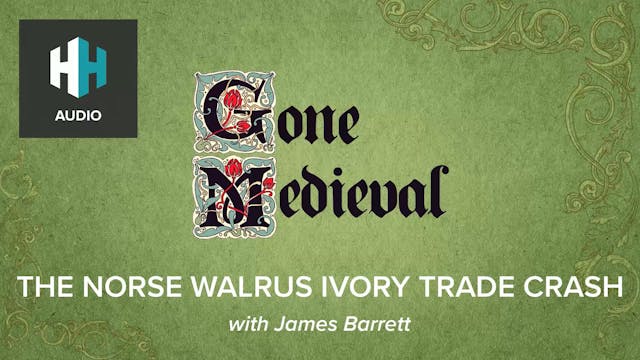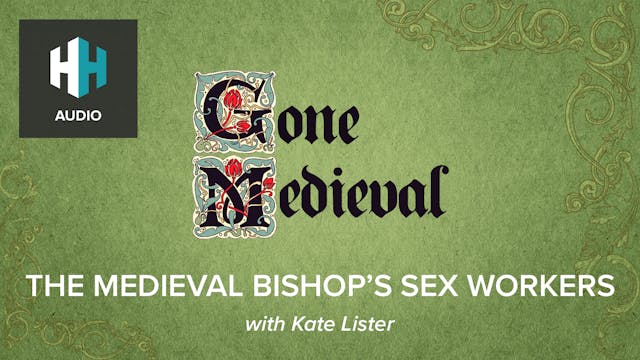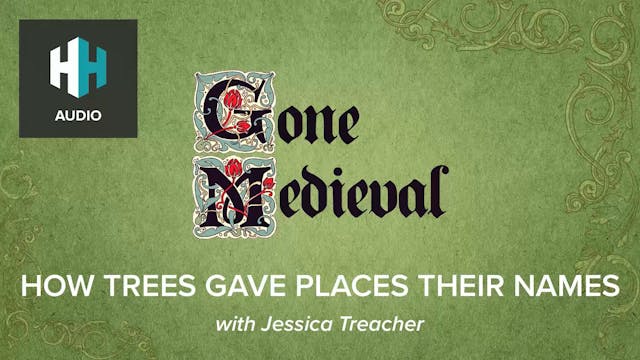Between the fifteenth and seventeenth centuries, a profound transformation took place in the ways that the English language was spoken and words were pronounced. This “Great Vowel Shift” saw a change in the pronunciation of all Middle English long vowels, resulting in spellings of words that often deviated considerably from how they are pronounced.
In this edition of Gone Medieval, Matt Lewis talks to Simon Roper - who makes videos about linguistics for YouTube - about the developments that led to the English language changing forever.
The Senior Producer on this episode was Elena Guthrie. It was edited and produced by Rob Weinberg.
For more Gone Medieval content, subscribe to our Medieval Mondays newsletter here: https://www.historyhit.com/sign-up-to-history-hit/?utm_source=timelinenewsletter&utm_medium=podcast&utm_campaign=Timeline+Podcast+Campaign
Up Next in 🎧 Gone Medieval
-
🎧 The Norse Walrus Ivory Trade Crash
The first of Greenland’s Viking settlements were established in the tenth century. But by the fifteenth century, they had all but vanished, their fate confounding generations of archaeologists. But new research has revealed that it was the trade in walrus ivory that was behind both their prosper...
-
🎧 The Medieval Bishop’s Sex Workers
Outside Medieval London’s city walls, Southwark was a land without rules. It was the place where people went to indulge their love of theatre, watch bear baiting and visit brothels. It was also under the control of the Bishop of Winchester.
In this edition of Gone Medieval - originally released ...
-
🎧 How Trees Gave Places Their Names
Trees have been universally important to humanity throughout history - not only as the source of fruits and nuts, but also wood for tools, weapons and buildings, and fuel for transport. So integral were trees to early Medieval society that their names were used for places throughout England - suc...




1 Comment